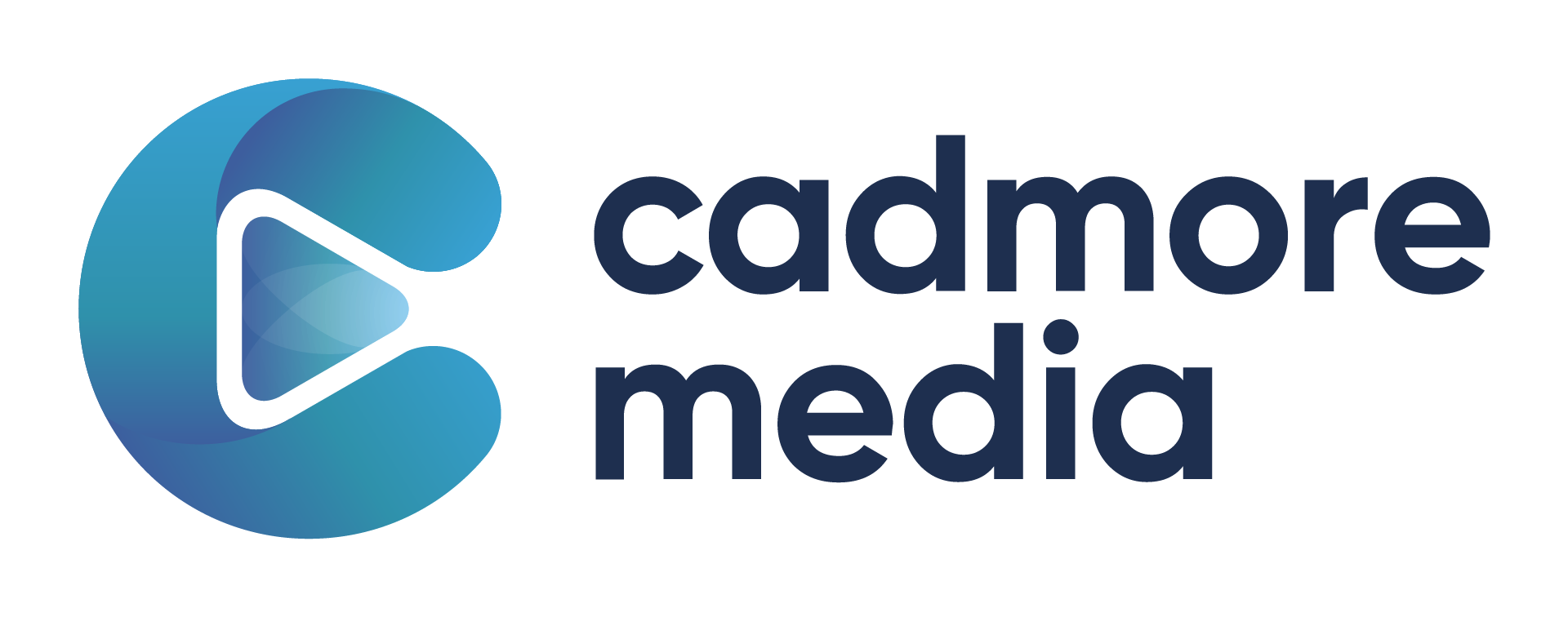Cadmore media player playing audio CIAO-Ischemia Study: Outcomes at One Year
Audio Player
Accessibility
Using forms mode, you can utilize keyboard shortcuts to make usability more efficient.
Space bar will play and pause the audio. Pressing escape will close all displays and pressing it again will jump to the end of the player.
You can press A to open the Keyboard Shortcut Dialog which also provides an audio description of the player and all of its features.
Transcript
Segments
Segment:0 .
>> Practice Impact Extra podcasts are derived from Hurst's The Heart Board Review, and other online resources available only through accesscardiology.com. [ Music ] >> It's been really disturbing to note how many patients we see and particularly how many women have significant ischemia really documented not only with symptoms but documented on objective stress testing. And yet when we do a CTA, there's just no significant obstructive coronary artery disease. And the problem is how to treat that.
[ Music ] Hi, Dr. Bernie here, and welcome to Practice Impact Extra. We're hearing a lot about ischemia without coronary artery disease, particularly in women. This has now been referred to as an INOCA, I-N-O-C-A. Clearly, what do we know about the possible mechanisms and outcomes in this group? The CIAO Ischemia Study presented in March 2020 at ACC I believe provides some insight to possible mechanisms and outcomes at one year.
As you'll remember, the ischemia trial was published in 2019, assessed interventional treatment to drug therapy in patients with established angina ischemia on stress testing but had stable obstructive coronary artery disease. During the ischemia trial, screening researchers identified certain individuals with angina, moderate to severe ischemia and echo stress, but without coronary artery disease. The CIAO Ischemia Study enrolled 2,008 patients; 66% were women with symptoms.
Ischemia without coronary artery disease was also documented. And they compared them to 1,079 patients enrolled in the previous 2019 ischemia trial. All of these individuals had stress echo testing. The amount -- what did they find? Well, the amount of ischemia was similar on stress testing in both groups. So that's the baseline. So what was the outcome of that 12 months related to symptoms? Changes of ischemia on echo stress testing at one year in the group without coronary artery disease compared to those with coronary artery disease.
Very interesting. 50% of stress tests became normal in the CIAO group. Those are -- - that's the group that had no obstructive disease. 45% of the stress tests were the same or worse. What about angina? Angina improved in 42% and worsened in 14% of the patients, in spite of the medications remaining exactly the same for both groups. And even more interesting, there was no apparent relation between the degree of ischemia and symptoms at one year.
I think there's a lot of information in this study. And it suggests to me that there's really a fundamental difference in how heart disease develops and presents itself amongst women compared to men. Whether it relates to spasm, small vessel disease, or some dysfunction in the microvascular system are certainly possible mechanisms. I think this points to the need for further research to determine which factors contribute in the absence of coronary artery disease and determine new and more appropriate treatment approaches.
Thank you again for joining me. And see you next time on Practice Impact Extra. >> We hope you enjoyed this podcast from McGraw-Hill. Subscribers to AccessCardiology have instant access to over 25,000 pages of rich medical content, receive medical updates from trusted experts, and have access to other special features. To subscribe or learn more, please visit accesscardiology.com.
-
You Size - Responsive
-
We Size - Responsive
-
Picture Overlay Popup
-
400 x 225
-
512 x 288
-
400 x 700
-
768 x 1024
-
1024 x 512
-
1280 x 608
Accessibility
Using forms mode, you can utilize keyboard shortcuts to make usability more efficient.
Space bar will play and pause the media.
You can press A to open the Accessibility Dialog.
This describes many other keyboard shortcuts for media controls.
The video is currently set-up to show just a clip from 0:00 to video end. You have requested to see a portion of the media outside of the clip.
Click OK to switch to the full media or click if you would like to stay inside the clip. You can always go back to the clip with Tools and Clip Mode
